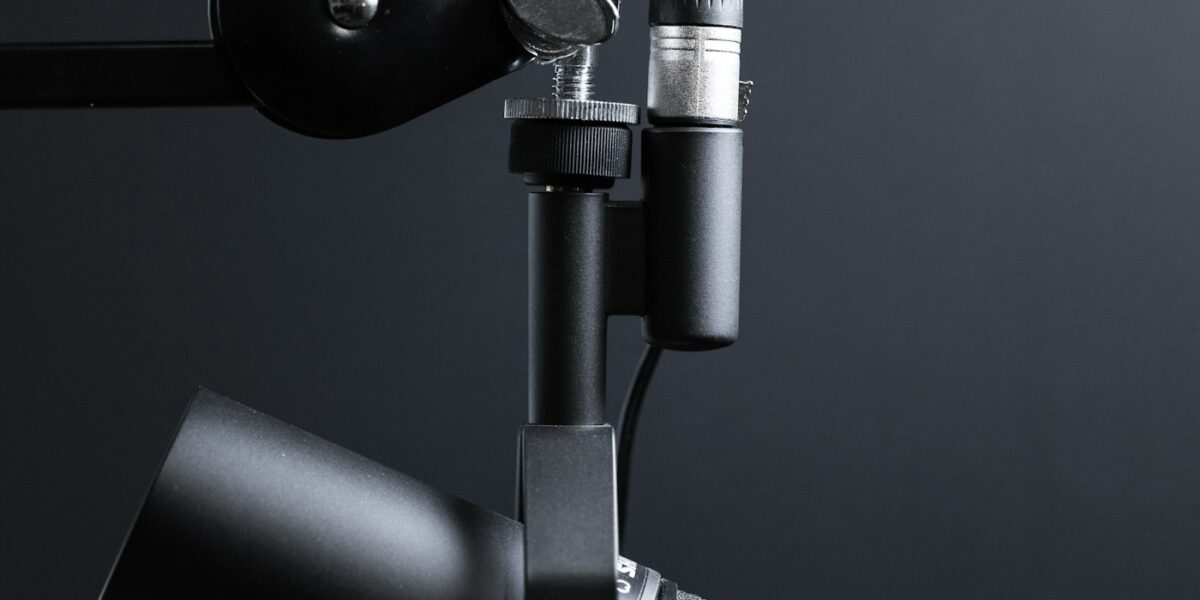Your headset’s the one piece of gear you wear every single flight. Cheap one gives you headaches after an hour, expensive one makes flying way more pleasant. The ANR versus passive debate’s worth understanding before you drop $800+.

Quick Answer: ANR (active noise reduction) headsets cost $600-$1,200, use electronics to cancel engine noise, way more comfortable for flights over 2 hours. Passive headsets cost $100-$400, use foam/padding only, work fine for shorter flights but fatiguing on long trips. Top ANR: Bose A20 ($1,100), Lightspeed Zulu 3 ($850), David Clark DC ONE-X ($950). Budget passive: David Clark H10-13.4 ($350). Most serious pilots eventually buy ANR – hearing protection and comfort are worth it long-term.
ANR vs Passive
Passive headsets block noise mechanically – thick ear cups, dense foam, tight seal. They work okay, but you still hear plenty of engine drone. After 3 hours, you’re fatigued from constant noise.
ANR headsets use microphones to detect noise, then generate opposite sound waves that cancel it out. Engine noise basically disappears. Radios are crystal clear. Way less fatiguing.
The difference is huge on long flights. Short 30-minute hops? Passive’s fine. 2-4 hour cross-countries? ANR changes everything.
Top ANR Headsets
Bose A20 ($1,095): Industry standard. Best noise cancellation, super comfortable, lightweight. Bluetooth for music. Every airline pilot owns one. Worth it if you fly regularly.
Lightspeed Zulu 3 ($850): Excellent cancellation, comfortable, Bluetooth, great warranty. Slightly cheaper than Bose, nearly as good.
David Clark DC ONE-X ($950): Hybrid ANR plus passive. Very comfortable, loyal fanbase.
Lightspeed Sierra ($650): Budget ANR. Not quite Zulu 3 quality but way better than passive.
Best Passive Headsets
David Clark H10-13.4 ($350): The tank. Indestructible, lasts 20+ years. Not super comfortable but serviceable forever.
ASA HS-1A ($200): Budget option for students. Decent, not amazing.
Most pilots start passive, upgrade to ANR. Once you try ANR, passive feels like punishment.
What Matters
Comfort: Try before buying. Bose fits narrow heads, David Clark fits wider.
Weight: ANR lighter (12-16 oz) than passive (16-24 oz).
Batteries: ANR needs AA batteries, last 40+ hours.
Bluetooth: Nice for music/calls, not essential.
For students: Start passive ($200-$350), upgrade later.
For serious pilots: Buy ANR now, save your hearing.
Note: This article contains affiliate links. We may earn a commission from purchases made through these links at no additional cost to you.




Leave a Reply